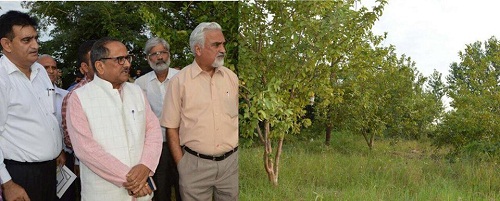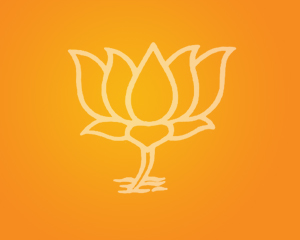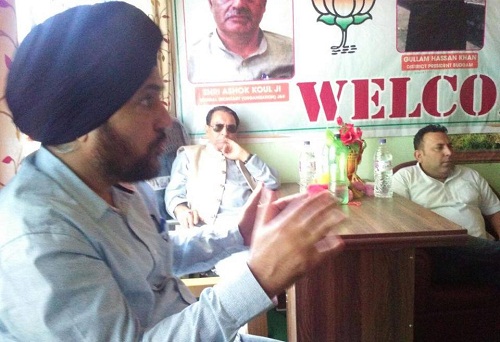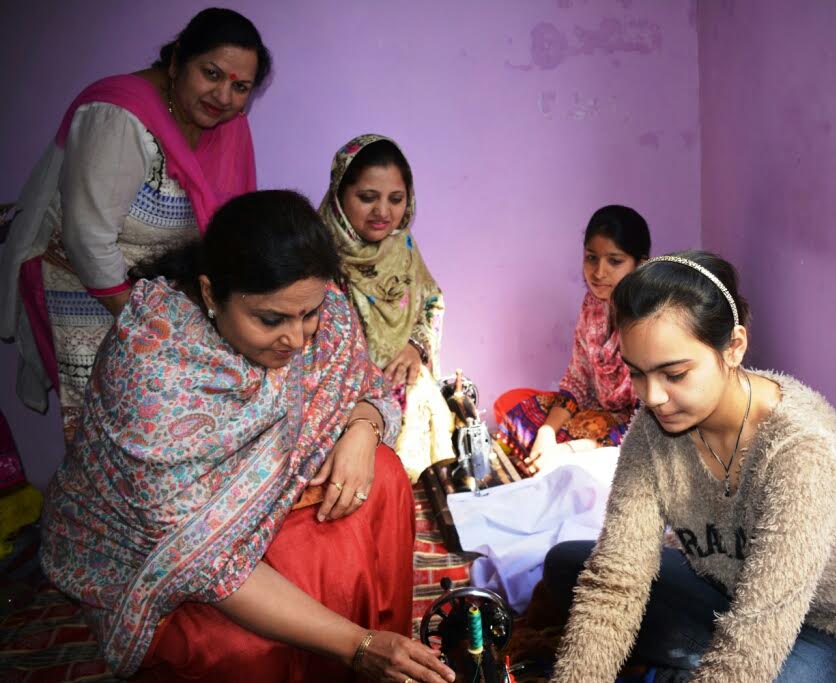Dr Singh reaffirms Govt�s commitment to make state self sufficient in food production Lauding the Integrated Farming System model developed by SKUAST Jammu, Deputy Chief Minister Dr Nirmal Singh emphasized that these types of models are need of the hour for our state where farmers are facing numerous challenges.
Deputy Chief Minister said this during his visit to Sher-e-Kashmir University of Agricultural Sciences and Technology (SKUAST) Jammu to take stock of Integrated Farming Model for Small and Marginal Farmers towards profitability, sustainability and Livelihood Security. The model has been developed and validated by SKUAST-J under AICRP.
Dr. Nirmal Singh laid emphasis on increasing the production of agriculture, poultry, meat, eggs and fish in the state thereby making J&K self sufficient in food production. He further exhorted upon the scientists and technocrats for developing remunerative technologies for hilly and plain areas of the state.
He appreciated the role of the University for educating farmers and development of integrated farming system model to increase profitability of farmers and stressed upon the need to work for the poor farmers of the state keeping in view their economic status and nutritional needs.
Dr. Nirmal Singh stressed that farmers should adopt integrated farming system to increase per hectare net income to Rs 3 lakh compared to rice wheat cultivation that fetches a maximum of net profit of Rs 70000 per hectare under irrigated conditions.
Later, the Dy CM also visited the experimental farm established in the premises of SKUAST Jammu and went around each and every sections of the integrated farming system model developed by the institute.
Earlier, Vice Chancellor SKUAST Jammu briefed the Deputy Chief Minister about various components of the Integrated farming System Model. He informed that the model is established in the year 2011 and initially designed for 1.5 hectare which was later reduced to only 1 hectare as majority of the small farmers fall under this category. He further informed that this model initially started with a capital of Rs. 3.50 lakh for infrastructure development like animal, shed, poultry unit and fish pond, which upon earning the profit added more components.
The Integrated Farming System (IFS) model at present comprises of crop unit, horticulture include fruit, vegetable & flower, animal unit, fish cum poultry, vermin compost, recycling of farm waste, mushroom unit, apiary unit, biogas, boundary plantation, etc. The Model has been designed for 5 farmer�s family members. After three year of establishment, this model realized net profit of Rs. 3 lakh approximately which is having further scope to increase farmer income.




